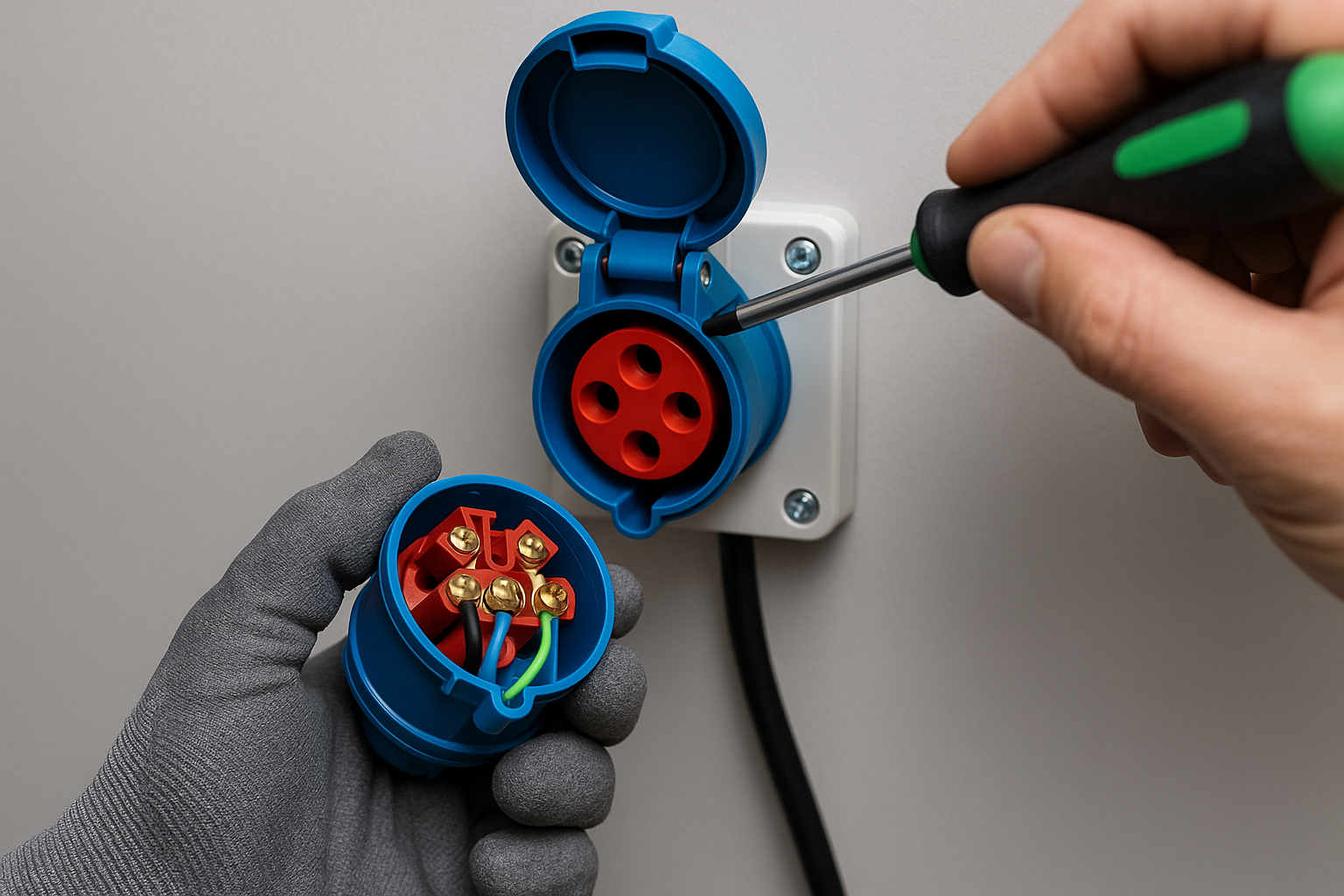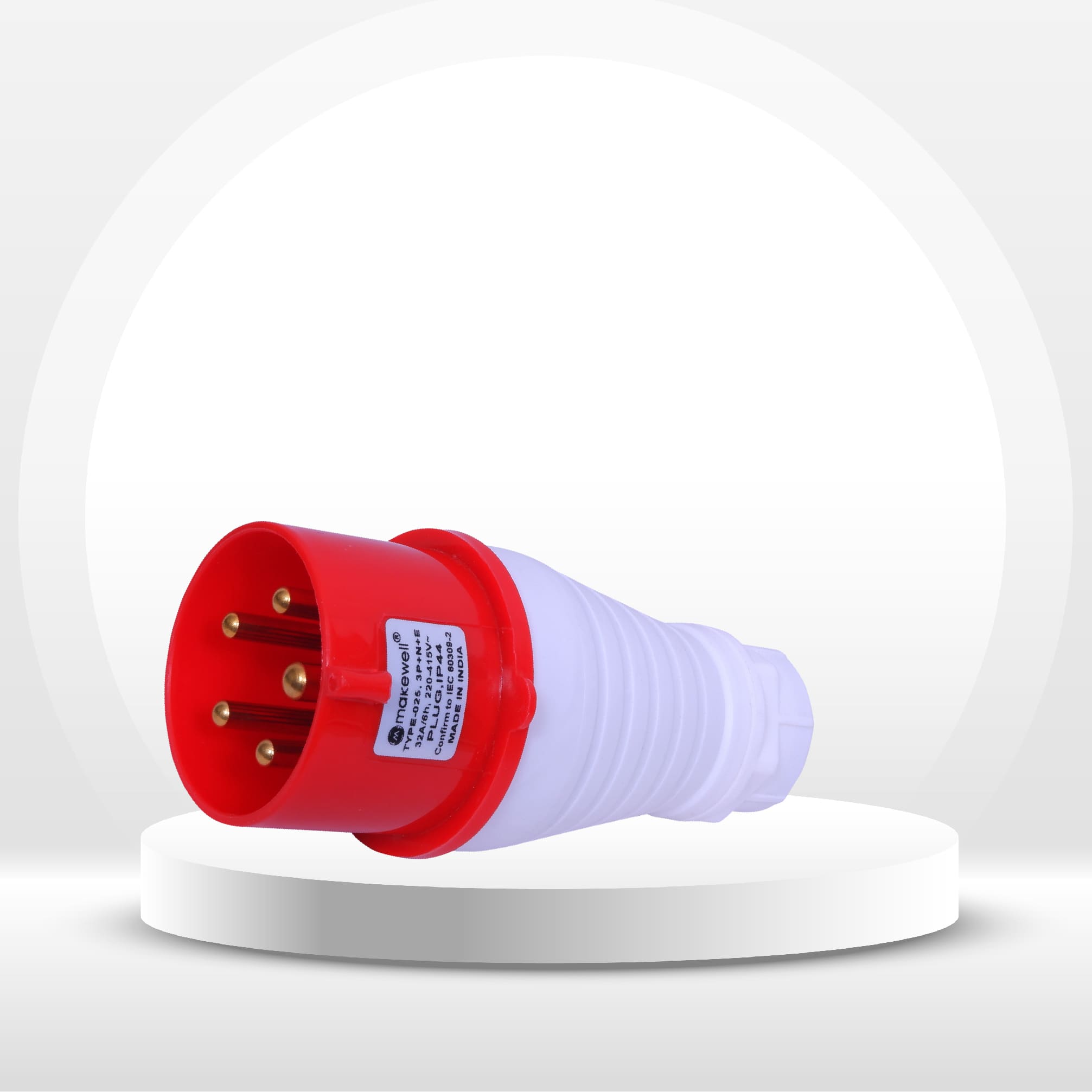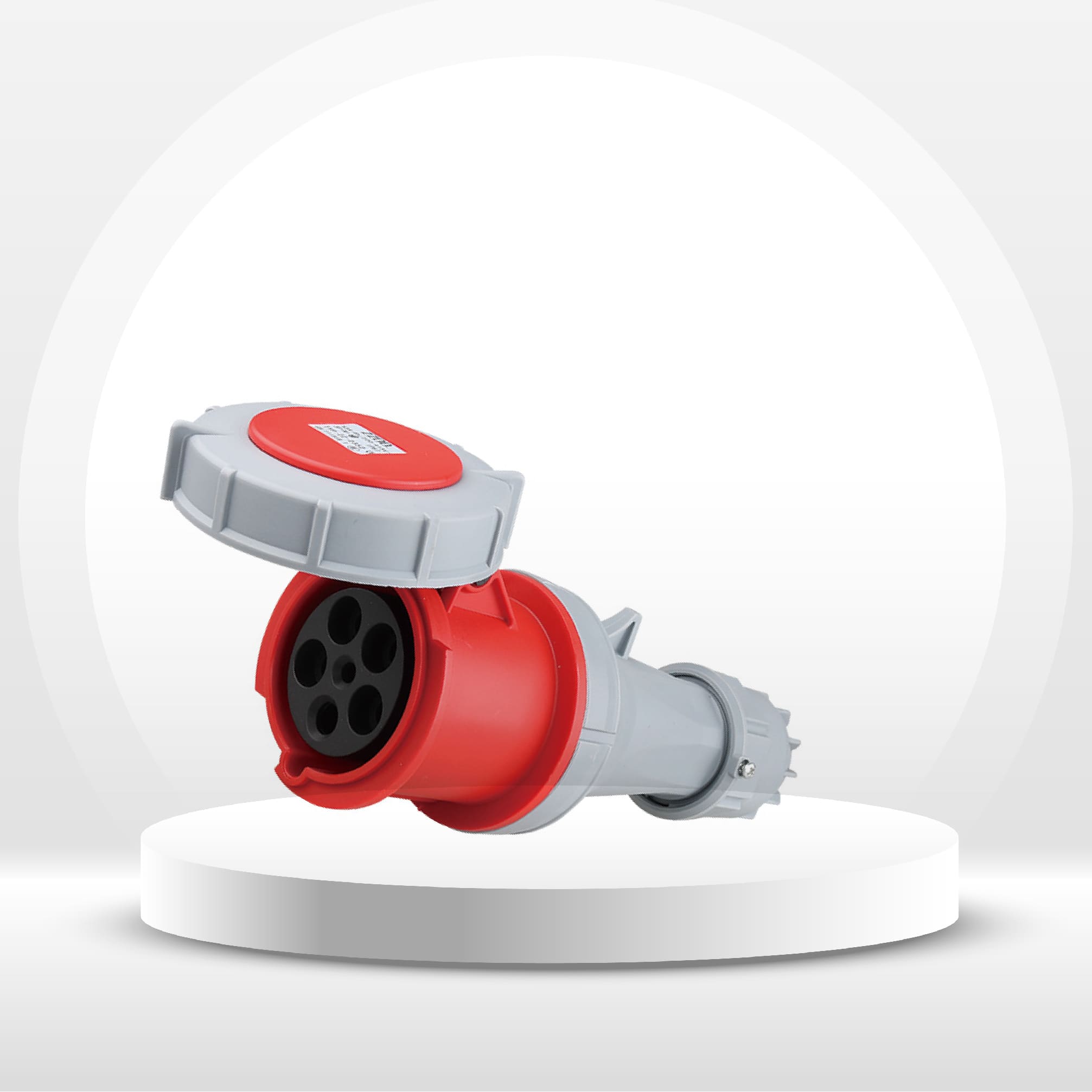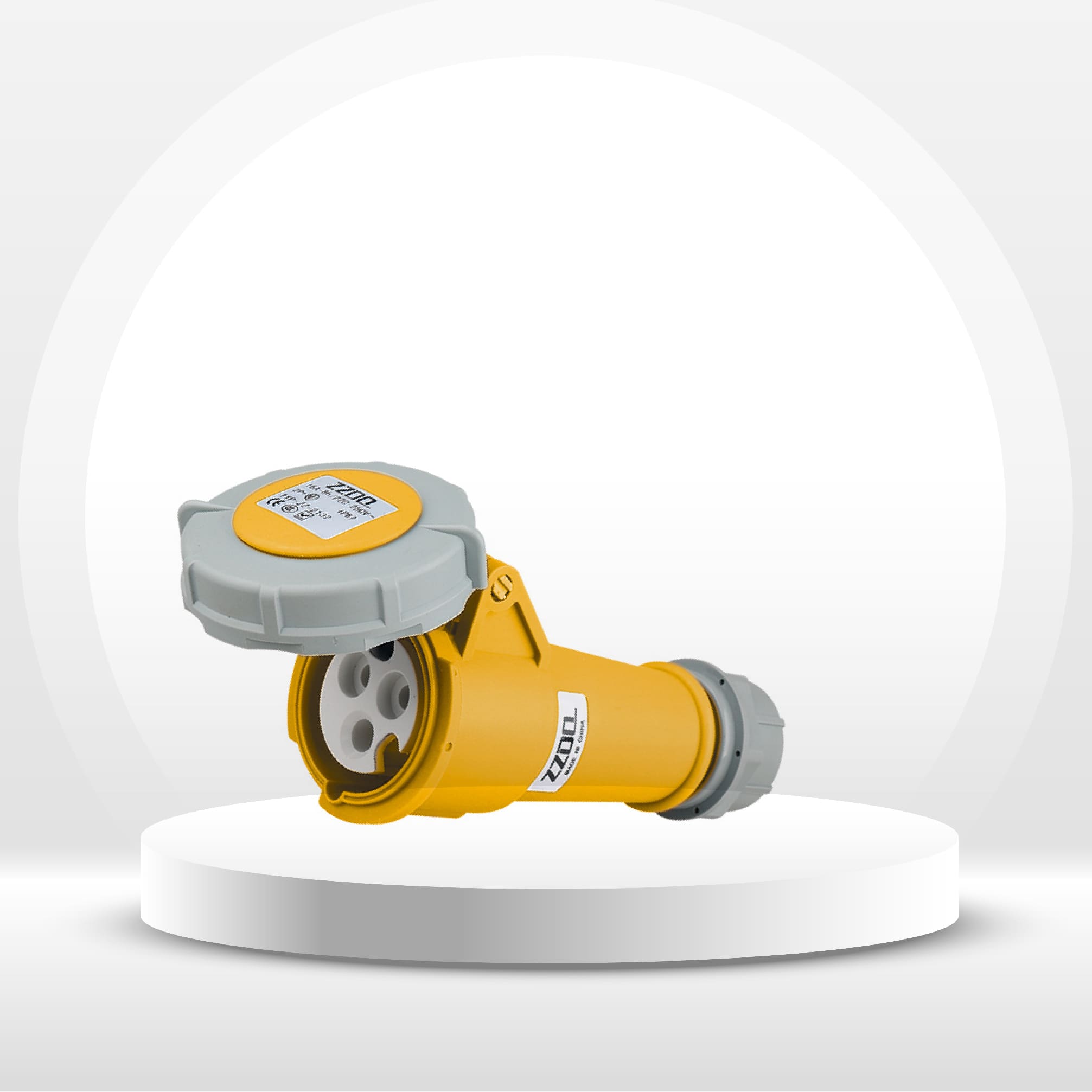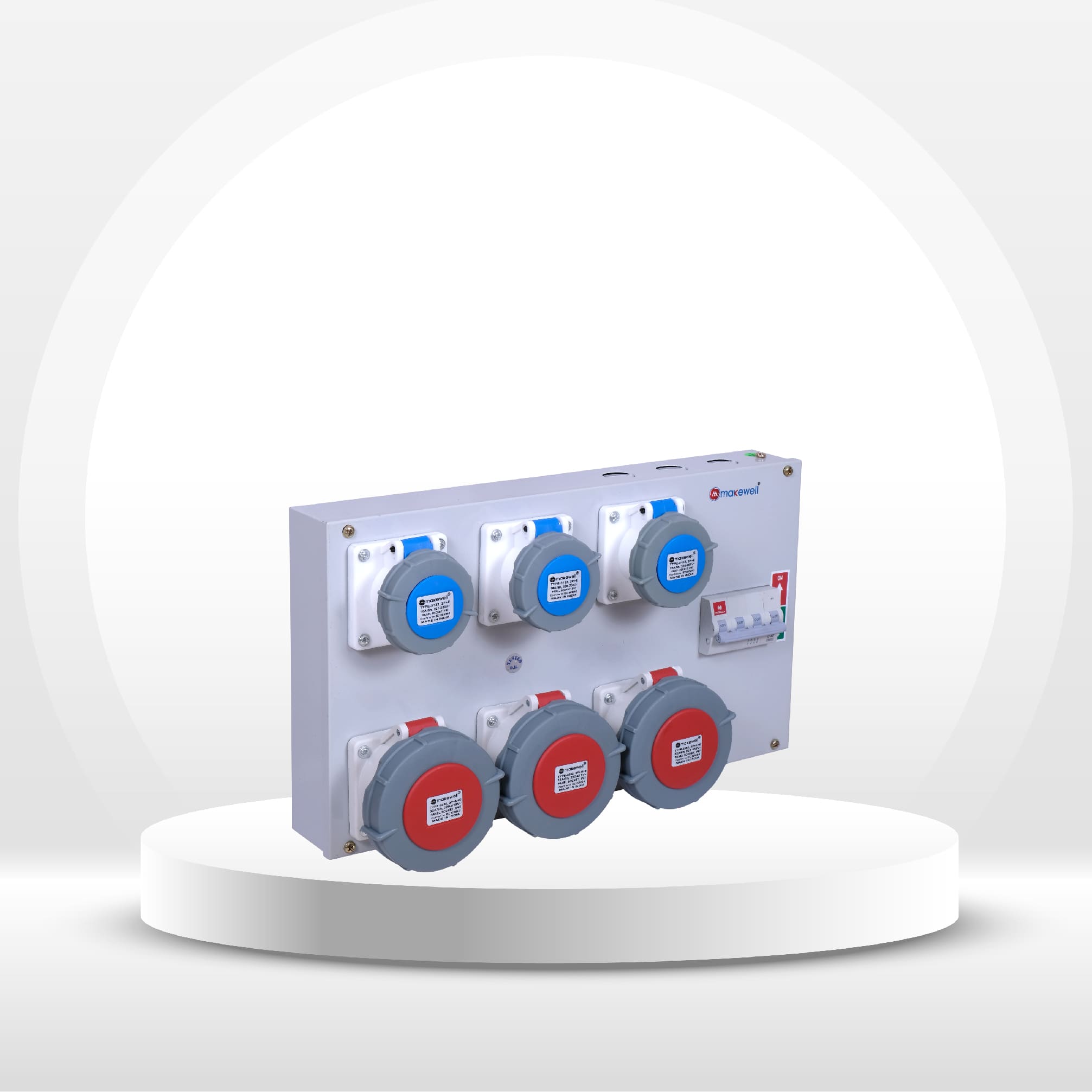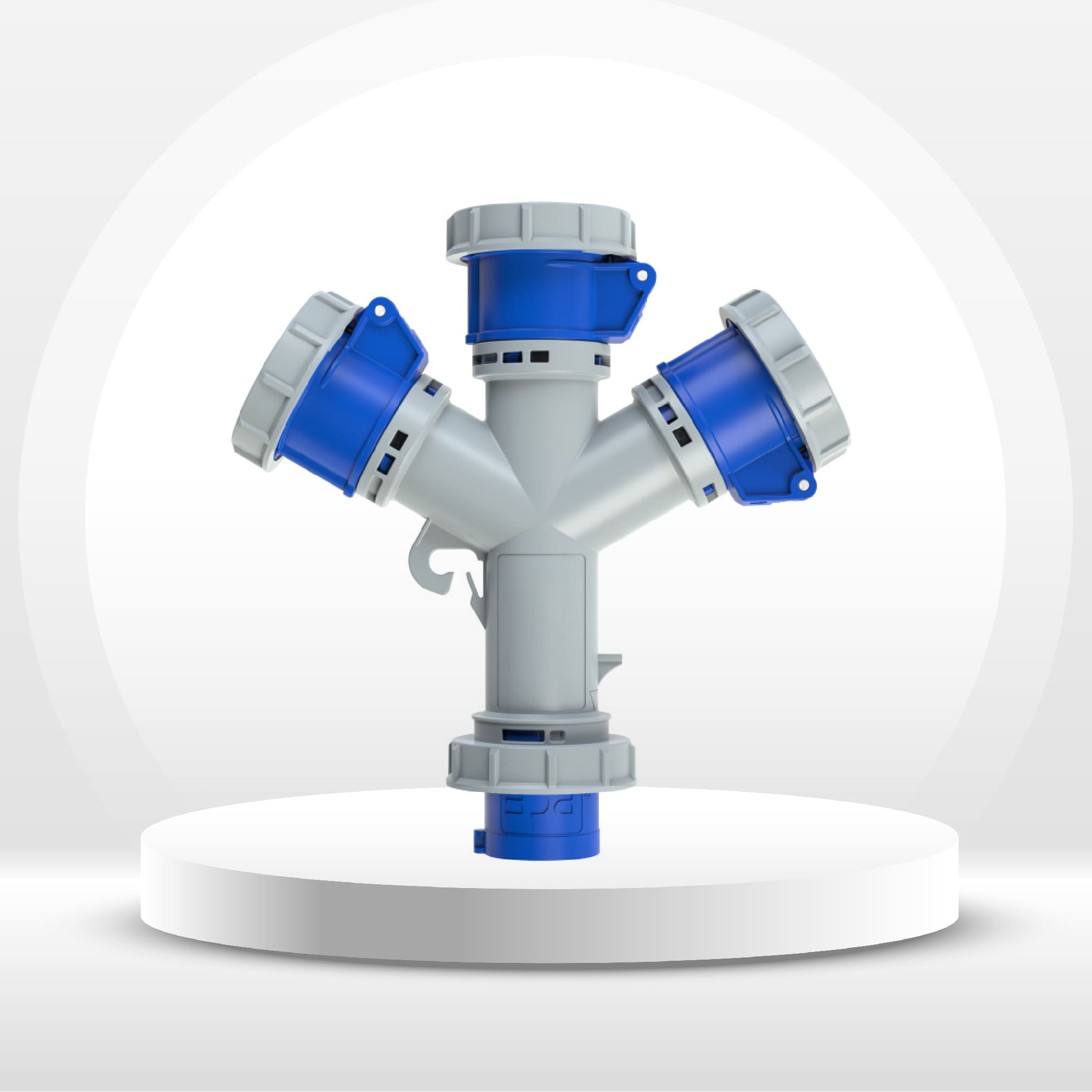Blog Details
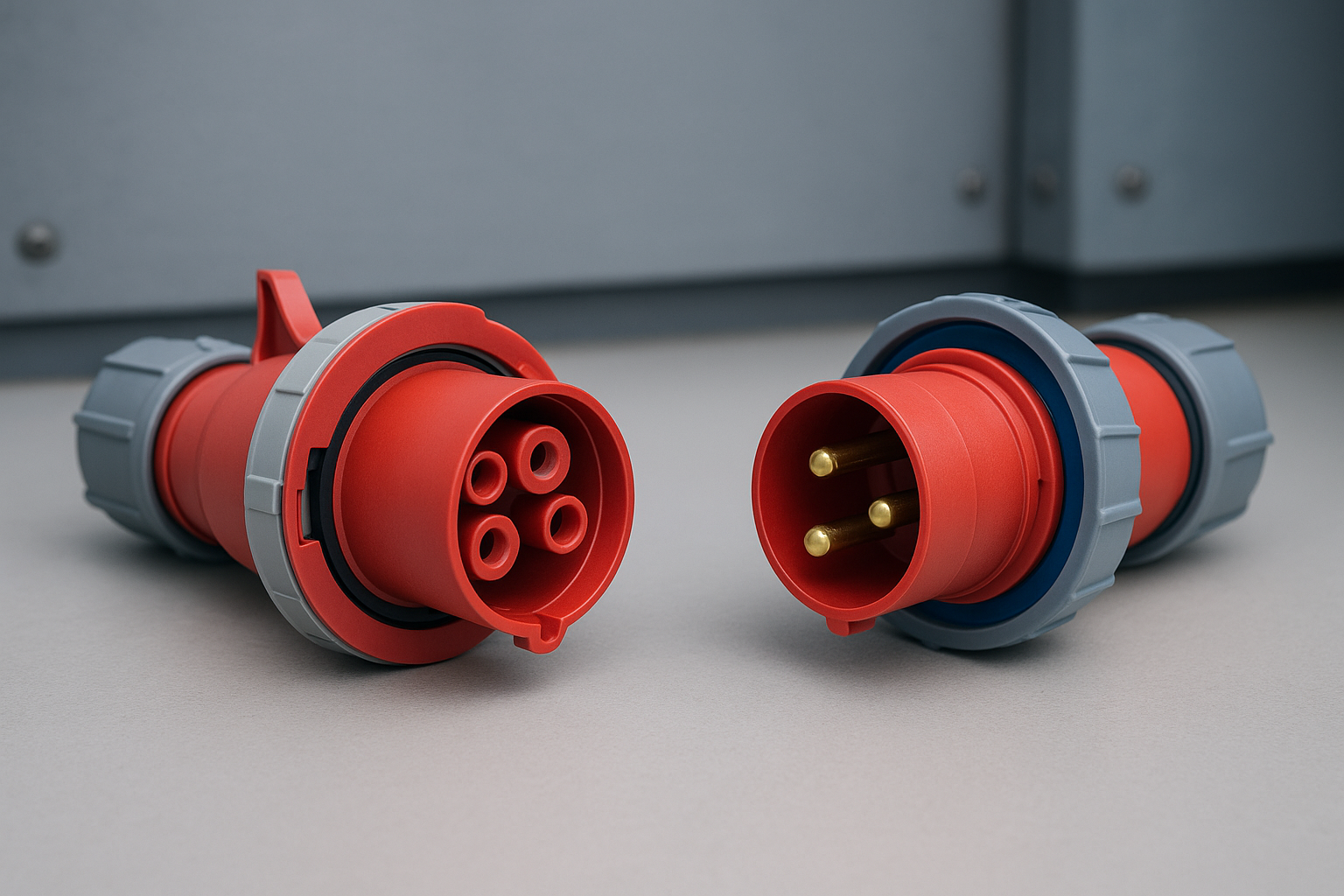
IP44 vs IP67: Which Plug or Socket Is Right for Your Industrial Application?
Struggling to choose between IP44 and IP67 electrical components? Learn the key differences and which rating is best suited for your industrial or outdoor setup.
In harsh industrial environments, your electrical equipment is exposed to dust, water, vibration, and impact. One of the most important factors to consider when choosing plugs, sockets, and connectors is their IP rating (Ingress Protection).
At Makewell Tech, we manufacture both IP44 and IP67 certified plugs and sockets. But when should you choose one over the other? This post explains the difference and helps you make the right choice for your environment.
What Is an IP Rating?
An IP rating consists of two numbers:
- The first digit indicates protection against solid objects (like dust or debris).
- The second digit indicates protection against liquids (like water or moisture).
What Does IP44 Mean?
An IP44-rated socket offers:
- Protection against solid objects over 1mm (like wires or tools)
- Protection from water splashing from any direction
- Ideal for indoor industrial use, semi-covered outdoor areas, or mobile setups that are not exposed to water jets or submersion.
- Common uses: Workshops, event power systems, light-duty construction, mobile machinery under shelter.
What Does IP67 Mean?
An IP67-rated plug or socket offers:
- Complete protection against dust (dust-tight)
- Protection against immersion in water up to 1 meter for 30 minutes
- Ideal for outdoor environments, wet zones, or machinery wash-down areas.
- Common uses: Construction sites, shipyards, food processing, underground power lines, or heavy machinery in open weather.
Key Differences Between IP44 and IP67
- Water Protection: IP67 is fully waterproof; IP44 is only splash-resistant.
- Dust Protection: IP67 is dust-tight; IP44 offers basic particle resistance.
- Use Case: Choose IP67 for outdoor/heavy-duty. Choose IP44 for indoor/light-duty.
- Cost: IP67-rated components are generally more expensive due to enhanced sealing.
Why It Matters
Using the wrong IP rating can result in equipment failure, safety hazards, or non-compliance with industrial standards. Don’t compromise—match your socket or plug’s IP rating with your actual working conditions.
Makewell Tech Advantage
- Full range of IP44 and IP67-rated products
- Available in 16A, 32A, and 63A
- Flame-retardant, shockproof housing
- CE, RoHS, ISO 9001, CCC certified
- Used by ISRO, BHEL, Indian Railways & more
Categories
- Guide to 16A vs 32A vs 63A Electrical Components
- Electrical Products for Construction Sites
- Makewell’s Commitment to Quality Control
- Safety Practices When Working With Industrial Sockets
- How to Choose Between IP44 and IP67
- Wiring & Installation Tips for Industrial Sockets
- Industrial Plugs & Sockets in Oil & Gas

.png)
